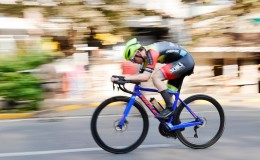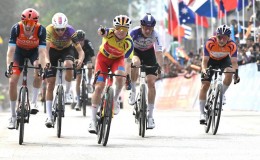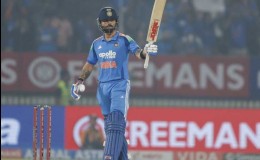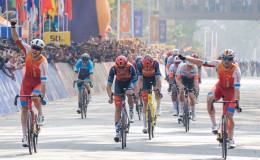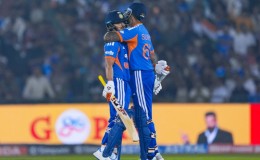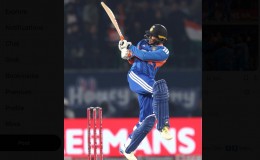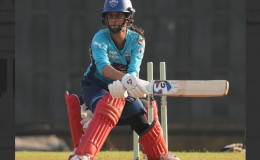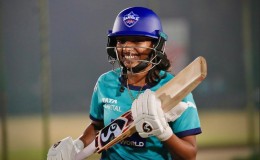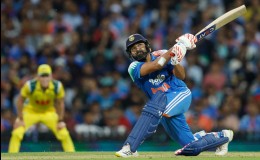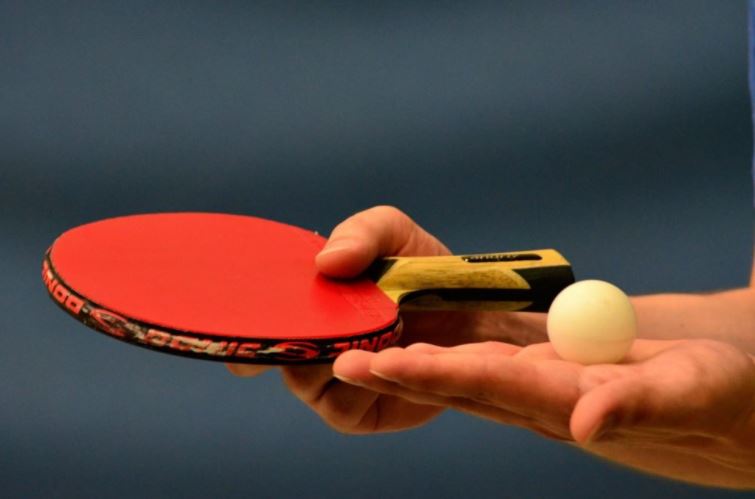 Panchkula: The Tau Devi Lal Multipurpose Indoor Stadium here is set to buzz with energy as the fourth UTT National Ranking Table Tennis Championships open on Sunday. Over 1,600 paddlers—competing across 12 divisions—arrive in this northern hub ready to chase points, podiums, and their moment of breakthrough, even as Panchkula’s capricious November weather keeps them guessing.
Panchkula: The Tau Devi Lal Multipurpose Indoor Stadium here is set to buzz with energy as the fourth UTT National Ranking Table Tennis Championships open on Sunday. Over 1,600 paddlers—competing across 12 divisions—arrive in this northern hub ready to chase points, podiums, and their moment of breakthrough, even as Panchkula’s capricious November weather keeps them guessing.
Despite the mercury’s mood swings, enthusiasm hasn't dipped. With entries pushing beyond the 2,500-mark, athletes from every corner of the country—from the coastal south to the vibrant east and the sporting powerhouses of the west—have descended here, each believing this could be their week. Northern players may enjoy familiar conditions, but for the rest, the challenge is simply fuel for another crack at glory.
The withdrawal of several top contenders—Manav Thakkar’s participation is still doubtful after his illness—Indore champion Ankur Bhattacharjee, Delhi women’s titleholder Diya Chitale, and U-17 girls’ winner Riana Bhoota—has reshuffled the draw but not diminished the excitement. In fact, it has widened the field for determined challengers eager to make their mark on the national circuit. Among the Haryana paddlers, all eyes will be on Suhana Saini, who will be keen to seize this chance and make up for the missed opportunity in Indore.
The action tomorrow, however, begins with the U-11 and U-13 events, where India's youngest talents will spark the week into life. U-15 and U-17 qualifiers follow, before the spotlight shifts to the U-19 and then the senior men’s and women’s battles—the climax everyone awaits.
Among the headliners, Manush Shah, G. Sathiyan, and Harmeet Desai—who fell to Ankur in Indore—lead the men’s field. The women’s draw features stalwarts like Sutirtha Mukherjee alongside rising forces such as Syndrela Das, Divyanshi Bhowmick, and M. Hansini. Juniors, including P.B. Abhinand, Priyanuj Bhattacharyya, Kushal Chopda, and Punit Biswas, continue to threaten the hierarchy, ensuring unpredictability remains a key storyline.
The tournament structure reflects this evolution: the men’s main draw includes 128 competitors, with 16 seeds and no byes, while the women’s draw also features 128 players, offering an equal number of direct entries along with several byes. Strong participation across all age categories highlights the sport’s widening presence and the increasing depth of talent in India, demonstrated by three separate draws of 128 players each.
Under the supervision of Competition Manager N. Ganeshan, veteran referee A.S. Kler, and a team of 60 seasoned officials—including Blue Badge, international, and national umpires—the tournament promises high standards. Most importantly, deputy referees Vipin Mehra and Nalin Somani would be on hand to support the referee. Twenty-two Stag Global tables, Stag flooring, and official match balls set the stage for fast, precise, high-octane play.
With the stakes high and opportunities wide open, Panchkula is primed for a week of fierce rallies, emerging stars, and defining moments, the kind that shape rankings and careers. Game on.

